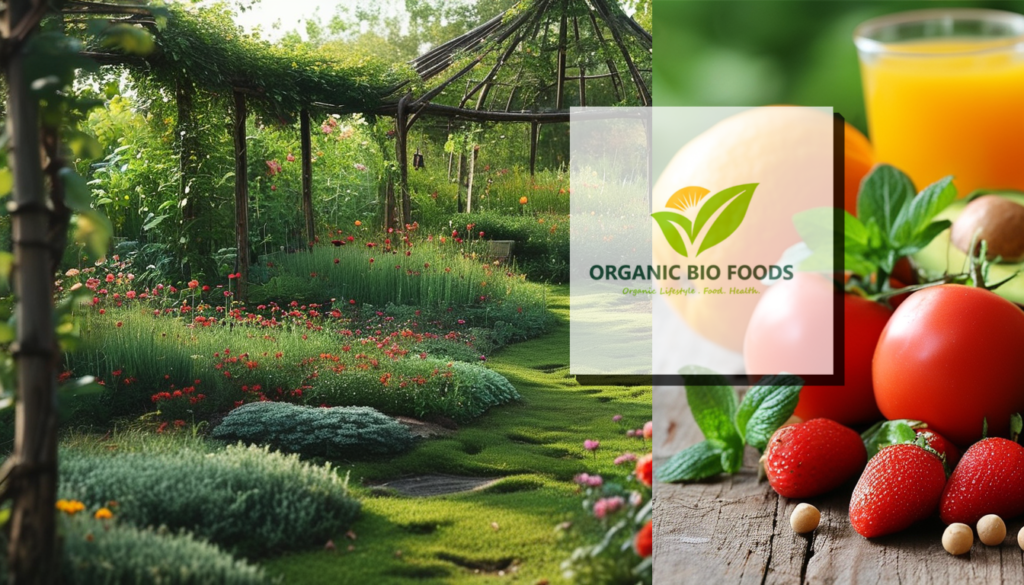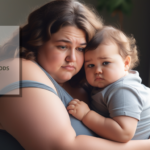If you’ve ever wondered how to grow your own food without using any harmful chemicals, then organic gardening might be just what you’re looking for! Organic gardening is all about growing plants the natural way, using only things that are good for the earth. If you are not so sure about makes a garden really organic, we have covered. Let’s dive into what organic gardening really means and why it’s a great choice for your garden.
It Means No Chemicals, Just Nature
At its core, organic gardening means you don’t use synthetic (man-made) chemicals like pesticides or fertilizers. Instead, you rely on natural ways to keep your plants healthy and free of pests. This could mean using compost, manure, or other natural fertilizers to feed your plants, and finding friendly insects, like ladybugs, to help keep away the bad bugs that might want to munch on your plants.
Why It’s Important: Using natural methods helps keep the soil healthy, which is super important for the environment. Healthy soil means stronger plants and better food for you and your family. Plus, it’s safer for wildlife and pets because there’s no toxic stuff getting into the ground or water .
It Also Means Working with Nature, Not Against It
One of the coolest things about organic gardening is that you’re working with nature instead of fighting against it. This means planting things that naturally do well in your area, using plants that attract good bugs, and rotating your crops (changing where you plant things each year) to keep the soil rich and full of nutrients.
Why It’s Important: When you work with nature, your garden is more likely to thrive because you’re using what’s naturally available. Plus, you’ll likely see fewer problems with pests and diseases because your garden will be more balanced. According to the Rodale Institute, crop rotation can also reduce the need for pesticides and fertilizers, making your garden even more sustainable.
Composting is Literally Turning Waste into Gold
A big part of organic gardening is composting. Composting is when you take kitchen scraps like vegetable peels, eggshells, and coffee grounds, along with yard waste like leaves and grass clippings, and let them break down into rich, nutrient-filled compost. This compost can then be used to feed your garden.
Why It’s Important: Composting not only reduces the amount of waste that ends up in landfills, but it also creates a powerful fertilizer that helps your plants grow big and strong. Plus, it’s totally free! The Environmental Protection Agency (EPA) says that composting can improve soil health, reduce the need for chemical fertilizers, and even help fight climate change by reducing greenhouse gas emissions.
It Means You Are Saving Seeds and Protecting Biodiversity
Organic gardeners often save seeds from their plants to use in the next season. This is a way to keep growing plants that do really well in your garden and to protect plant biodiversity (the variety of plants in the world). When you save seeds, you’re helping to make sure those plant varieties stick around for future generations.
Why It’s Important: Biodiversity is crucial because it makes our food system stronger and more resilient. If we only rely on a few types of plants, we risk losing our food sources if something goes wrong. Saving seeds helps keep a wide variety of plants alive and thriving, which is better for the environment and our food supply, according to the Food and Agriculture Organization (FAO).
Why Organic Gardening is Good for You
Not only is organic gardening better for the earth, but it’s also better for you! When you grow your own food organically, you know exactly what’s going into your food—no mystery chemicals or pesticides. Plus, many people find that organic fruits and veggies taste better because they’re grown in rich, healthy soil.
Why is it Important to Eat Organic Food?: Eating organic food can reduce your exposure to harmful chemicals, which is better for your overall health. The Mayo Clinic suggests that organic foods may have more nutrients and antioxidants compared to conventionally grown foods. Plus, gardening itself is a great way to get some exercise and fresh air, which is good for your body and mind.
You Should Get Started with Organic Gardening Now
Organic gardening is a fantastic way to grow your own food while taking care of the planet. By using natural methods, composting, saving seeds, and working with nature, you can create a garden that’s healthy, sustainable, and full of delicious, fresh produce. So why not give it a try? Whether you’re planting a small herb garden on your windowsill or turning your backyard into a veggie paradise, organic gardening is a rewarding way to connect with nature and enjoy the fruits (and veggies!) of your labor.








